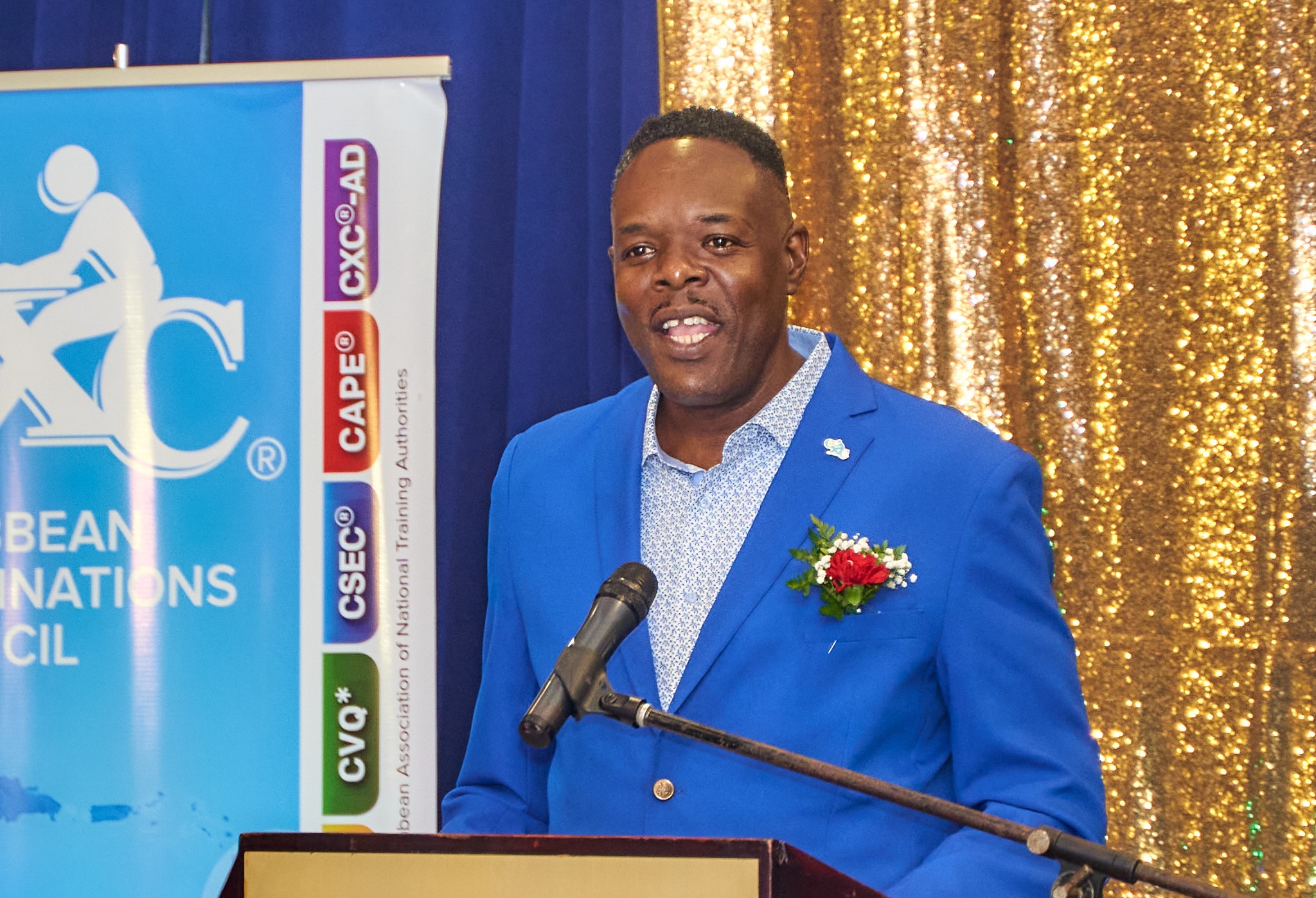UK Debate: Proposal to Ban First-Cousin Marriage for Public Health Reasons

December 10, 2024
Conservative MP Richard Holden proposes banning first-cousin marriage in the UK due to increased risk of birth defects. Government unlikely to change law; focus on education suggested by independent MP.
A Conservative former minister has called for first-cousin marriage to be banned in the UK.
Introducing the proposals in Parliament, Richard Holden said the children of first cousins were at greater risk of birth defects and the practice should be prohibited to protect public health.
However, independent MP Iqbal Mohamed argued a ban would be ineffective and said these issues would be better addressed through education programmes to raise awareness of the risks.
Downing Street said the expert advice on the risks of first-cousin marriage was clear but indicated that the government had no plans to change the law.
“In terms of legislation, the government has set out its priorities,” a No 10 spokesman said.
Holden introduced his proposals using the 10-minute rule process, which allows a backbench MP to make the case for a new bill in a speech of up to 10 minutes in the Commons.
However, such bills are unlikely to become law without government support because of the limited parliamentary time available for them.
Under current legislation, marriages to a sibling, parent or child are prohibited but not between first cousins.
Holden said that while the overall prevalence of first-cousin marriage was low in Western countries, certain diaspora communities, such as Irish travellers and British Pakistanis, had “extremely high rates” of 20-40 per cent.
The MP for Basildon and Billericay cited research suggesting the child of first cousins carries around double the risk of inheriting a serious disorder compared to the child or unrelated people.
Holden also argued the practice threatened women’s freedom.
“Women and girls living under a clan mentality often know the scientific risks of first-cousin marriage, but make considered social and cultural calculations,” he told MPs.
“Strict honour codes, where expressions of individuality can be subject to social isolation, violence and even death in some cases, dominate thinking.”
He said first-cousin marriage was “not really conducive to modern British society”, adding: “It’s about more than one marriage. It’s about the values and foundations of our society and our democracy.”
Speaking against the proposals, Mohamed said he agreed there were health risks associated with first-cousin marriage and that forced marriage must be prevented.
“However, the way to redress this is not to empower the state to ban adults from marrying each other, not least because I don’t think it would be effective or enforceable,” the MP for Dewsbury and Batley said.
“Instead, the matter needs to be approached as a health awareness issue and a cultural issue, where women are being forced against their will to undergo marriage.”
He added: “Instead of stigmatising those who are in cousin marriages or those inclined to be, a much more positive approach would be to facilitate advanced genetic test screening for prospective married couples… and more generally to run health education programmes targeting those communities where the practice is most common.” (BBC)


